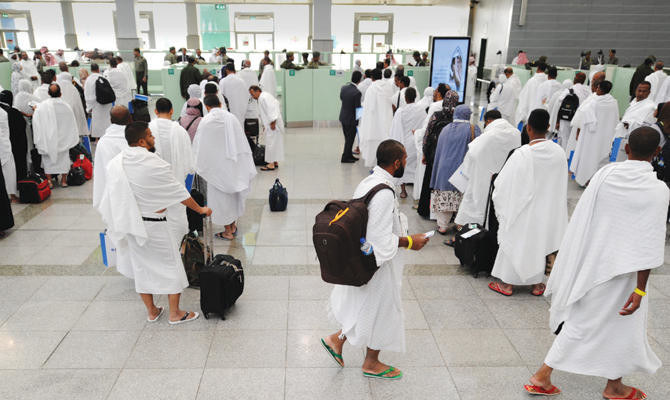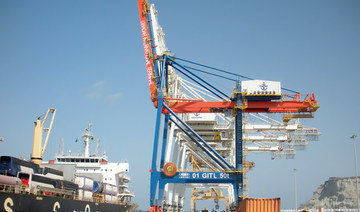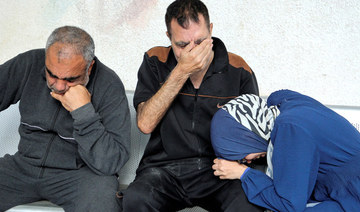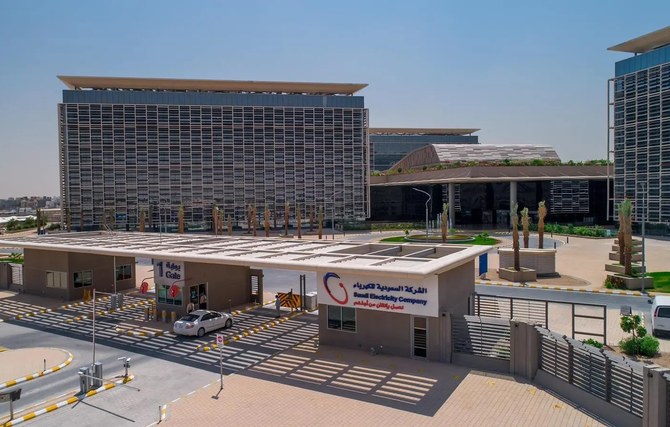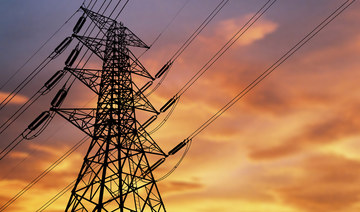On the auspicious occasion of the 74th Independence Day of Pakistan, I would like to extend my heartiest felicitations to the Pakistani fraternity living in the Kingdom of Saudi Arabia.

Consul General Khalid Majid
This day commemorates the culmination of the valiant struggle by the Muslims of the subcontinent, under the dynamic leadership of Quaid-e-Azam Mohammed Ali Jinnah, to establish a separate homeland where Muslims and other communities could live their lives in peace, freedom and dignity.
Pakistan and Saudi Arabia share strong common political, economic and strategic objectives, with Islam as the bedrock of their brotherly ties. The relationship between the countries is unique and deep-rooted in history.
The presence of about 2.5 million vibrant Pakistanis in the Kingdom is a great source of strength for the Pakistani-Saudi friendship. They provide a strong link between the two brotherly countries, and are serving both with loyalty, commitment and dedication.
Pakistan has an emotional relationship with Saudi Arabia and its esteemed leadership, who have always reciprocated by heartily facilitating and supporting us through thick and thin.
I express my deepest gratitude to King Salman and Crown Prince Mohammed bin Salman for successfully responding to the challenges of the COVID-19 pandemic in the Kingdom. The provision of free medical care to all residents, the successful implementation of precautionary measures, the provision of a friendly regime for laborers and other workers, and the implementation of other socioeconomic welfare measures are excellent initiatives that have set an example for the rest of the world.
It is commendable that the COVID-19 situation in the Kingdom is very much under control because of these efforts, and that a very well-organized Hajj was possible in this challenging year.
Working in Jeddah, the gateway to the holy land, is a unique and indescribable experience. I consider myself and my team especially blessed and privileged to have the honor of serving the Pakistani community and pilgrims visiting Harmain Shareefain (Makkah and Madinah). The Consulate General of Pakistan in Jeddah always strives to reinforce our community by providing it with the best possible consular and welfare services.
Let me reiterate that the consulate shall remain committed to serving the interests of the Pakistani community, and to maintaining and further promoting the friendly relations between Pakistan and the Kingdom of Saudi Arabia.
Long live Pakistan. Long live the Pakistan-Saudi Arabia friendship.
• Khalid Majid is the consul general of Pakistan in Jeddah



